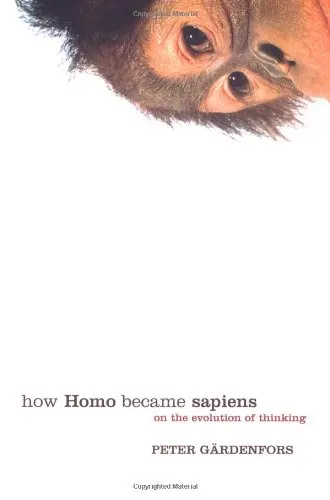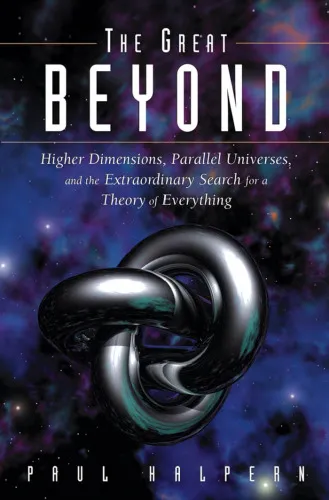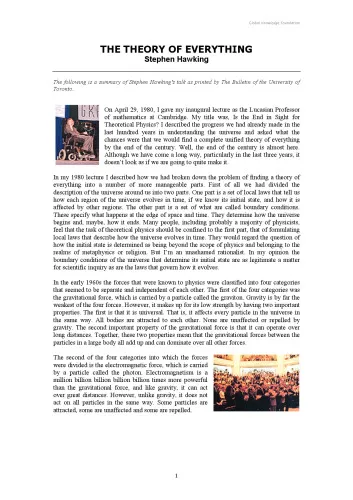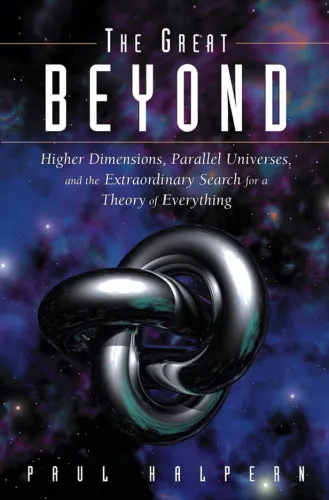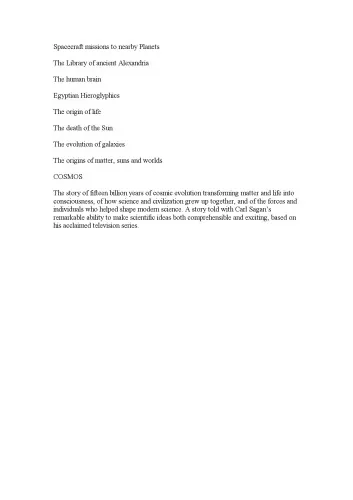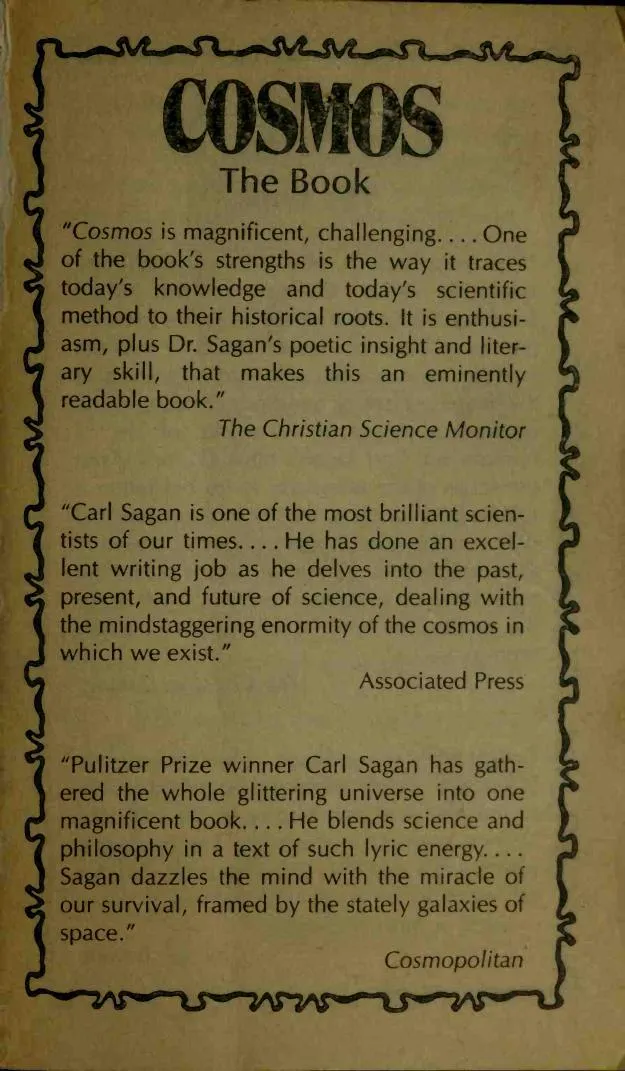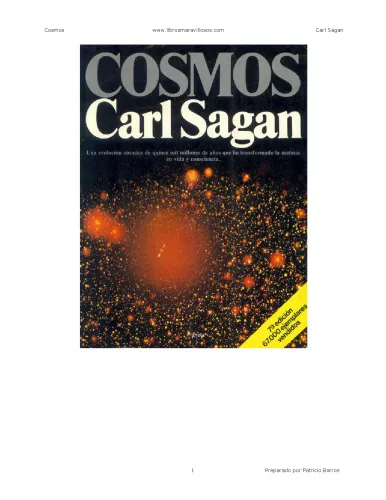How Homo Became Sapiens: On the Evolution of Thinking
4.0
Reviews from our users

You Can Ask your questions from this book's AI after Login
Each download or ask from book AI costs 2 points. To earn more free points, please visit the Points Guide Page and complete some valuable actions.Related Refrences:
Introduction to "How Homo Became Sapiens: On the Evolution of Thinking"
"How Homo Became Sapiens: On the Evolution of Thinking" is a pioneering exploration into the cognitive evolution that transformed the genus Homo into the uniquely reasoning species we know today as Homo sapiens. Written by Peter Gärdenfors, this book delves into the fascinating story of how humans developed advanced thinking capabilities that set them apart from other species. Combining insights from anthropology, psychology, neuroscience, and evolutionary biology, Gärdenfors traces the trajectory of human thought development and underscores the critical steps that moved humans toward the modern state of higher cognition.
Detailed Summary of the Book
Peter Gärdenfors begins "How Homo Became Sapiens" by addressing one of the core puzzles of evolutionary science: what cognitive transformations allowed early humans to dominate their environment and become capable of abstract thinking, symbolic language, and cultural complexity? The book starts with a discussion on the foundations of intelligence seen in non-human species, particularly their problem-solving abilities and communication skills. From there, Gärdenfors meticulously examines the gradual evolution of Homo's thinking abilities, including the leap from instinct-based decision-making to intentional thought processes.
Through accessible language and compelling argumentation, the book investigates key evolutionary milestones such as the development of imagination, the capacity for planning, and the advent of language. These advancements are framed as the result of incremental adaptations that collectively culminated in a cognitive revolution. Gärdenfors emphasizes the interplay between environmental challenges and biological innovations, painting a picture of humans as insightful problem solvers whose thinking skills are deeply rooted in evolution.
The narrative progresses to illustrate the implications of advanced cognition, including the ability to conceptualize time, think strategically, and form intricate social bonds through storytelling and shared beliefs. Gärdenfors also scrutinizes the philosophical questions surrounding consciousness and self-awareness, exploring how they emerged and why they matter. This book is not just a journey into humanity's past but also a reflection on the capacities and limitations of human cognition today.
Key Takeaways
- Understanding the evolutionary leaps that enabled humans to think symbolically and abstractly.
- The critical role of imagination and storytelling in shaping human culture and cooperation.
- Insights into how Homo sapiens diverged cognitively from other hominids and animals.
- An interdisciplinary approach combining anthropology, cognitive science, and philosophy.
- Exploration of how cognition impacts human culture, morality, and societal structures.
Famous Quotes from the Book
"Imagination is the cornerstone of human uniqueness, allowing us to envision possibilities beyond immediate realities."
"Language is the crowning jewel of human cognition, providing the scaffolding for thought and collaboration."
"The ability to share and adapt knowledge is the driving force behind human evolution—more powerful than any individual genius."
"Our capacity to plan for the future is deeply rooted in the cognitive advances that began millions of years ago."
Why This Book Matters
Understanding how Homo became Sapiens is essential for appreciating the intricacies of human existence. This book highlights the importance of cognitive evolution in shaping our species, allowing readers to glimpse the profound transformations that enabled communication, collaboration, and creativity. By studying how we arrived at our current mental abilities, readers gain greater insights into the foundations of culture, ethics, and collective progress.
Peter Gärdenfors’s work is crucial not only for evolutionary scientists but also for educators, philosophers, and anyone curious about the origins of human thought. It provides a foundation for understanding why humans think, act, and interact the way they do. Moreover, by connecting past cognitive advancements to present-day challenges—such as technological reliance and societal complexity—this book has ongoing relevance to modern debates about the human mind and its potential.
"How Homo Became Sapiens" is more than just a scientific exploration. It’s a celebration of humanity’s intellectual resilience and a call to understand the journey that made us who we are today.
Free Direct Download
You Can Download this book after Login
Accessing books through legal platforms and public libraries not only supports the rights of authors and publishers but also contributes to the sustainability of reading culture. Before downloading, please take a moment to consider these options.
Find this book on other platforms:
WorldCat helps you find books in libraries worldwide.
See ratings, reviews, and discussions on Goodreads.
Find and buy rare or used books on AbeBooks.
1272
بازدید4.0
امتیاز0
نظر98%
رضایتReviews:
4.0
Based on 0 users review
Questions & Answers
Ask questions about this book or help others by answering
No questions yet. Be the first to ask!
